
Table of Contents
Ever wonder why that trip to Europe seems out of reach or why studying abroad isn’t in the cards? As a Pakistani passport holder, you already know the answer. Your passport has been ranked the 4th worst in the world regarding travel freedom, limiting you to only a handful of countries you can visit without a visa. But the costs go beyond just travel restrictions.
The Pakistani passport’s stigma impacts education, career opportunities, and even your sense of identity. In this article, we will take an honest look at what it means to hold a Pakistani passport, from the challenges of navigating tight travel controls to overcoming stereotypes and societal judgments. Though it may not always be easy, there are still ways to pursue your dreams and proudly represent Pakistan.
If you hold a Pakistani passport, you likely know the struggles too well. Your maroon booklet stamps you as coming from a country with limited access, making international travel tedious and limiting opportunities abroad.
As a Pakistani passport holder, you face tight restrictions on visiting many countries and endless rounds of applying for visas without a guarantee of approval. The Henley Passport Index ranked Pakistan as the fourth worst passport for travel freedom in 2021. Citizens have access to just 31 countries without a visa.
The hidden costs of these travel restrictions are significant. They curb the chance to pursue higher education internationally, see the world, and connect with the Pakistani diaspora. Limiting access to global opportunities poses a major challenge for a country with a youth bulge and a developing economy.
There is an emotional toll, too. Facing barriers to travel and feeling like a “second-class citizen” on the global stage can damage self-esteem and pride in one’s nationality. It breeds feelings of being trapped and disconnected from the wider world.
While geopolitical challenges mean improved access won’t happen overnight, small steps can help. Streamlining the visa process, negotiating dual citizenship agreements, and promoting Pakistan’s hidden gems to boost tourism is a start.
Travel freedom isn’t just about convenience—it’s closely tied to human development, education, and global connectedness. For Pakistani youth with drive and ambition, a maroon passport shouldn’t have to hold them back from pursuing their dreams globally. With patience and policy changes, perhaps one day it won’t.
If you hold a Pakistani passport, the opportunities to study abroad are limited. Visa restrictions and complicated application processes make accessing universities in many countries easier.
With a Pakistani passport, you can travel only a few times, limiting your access to valuable educational and work experiences abroad. Many scholarships and internships require unrestricted travel, which can be an insurmountable barrier. Due to these challenges, some programs may not even consider applicants with a Pakistani passport.

Scholarships for students holding Pakistani passports
The visa application process for Pakistanis can be expensive, time-consuming, and uncertain. A single application fee can cost some families a month’s wages or more. And despite the high fees and effort required, there is no guarantee of being granted a visa. This unpredictability and potential loss of funds pose a huge risk for students hoping to study internationally.
Pakistani passport holders face much tighter restrictions and scrutiny when traveling abroad for education purposes. Things like program extensions, research fieldwork, or internships in certain countries may not be permitted or can be difficult to obtain approval for. The constraints placed on travel and activities due to your nationality can severely limit your opportunities to gain experience.
While the future of global mobility looks bright for many, for Pakistanis, accessing education abroad remains a struggle. But despite the many obstacles, the rewards of persevering and gaining an international education are life-changing. You can navigate the system and open up opportunities with determination and patience. Staying optimistic and focusing on solutions will serve you well on this journey.
Renewing a Pakistani passport comes with a hefty financial burden that must often be considered. As a Pakistani passport holder, you must budget for high renewal fees every five years to maintain a valid passport. According to the latest fee schedule, renewing a regular 5-year passport costs Rs. 5,000 ($32). For an urgent renewal within five business days, the fees double to Rs. 13,000 ($64).
The initial passport fees are just the beginning. There are also “hidden costs” like the time and money spent obtaining additional documents needed for your renewal application, like an ID card, birth certificate, etc. Traveling to submit your application in person requires money for transportation and may require taking time off work. Some applicants must make multiple trips to correct errors or provide additional information, adding to the total cost.
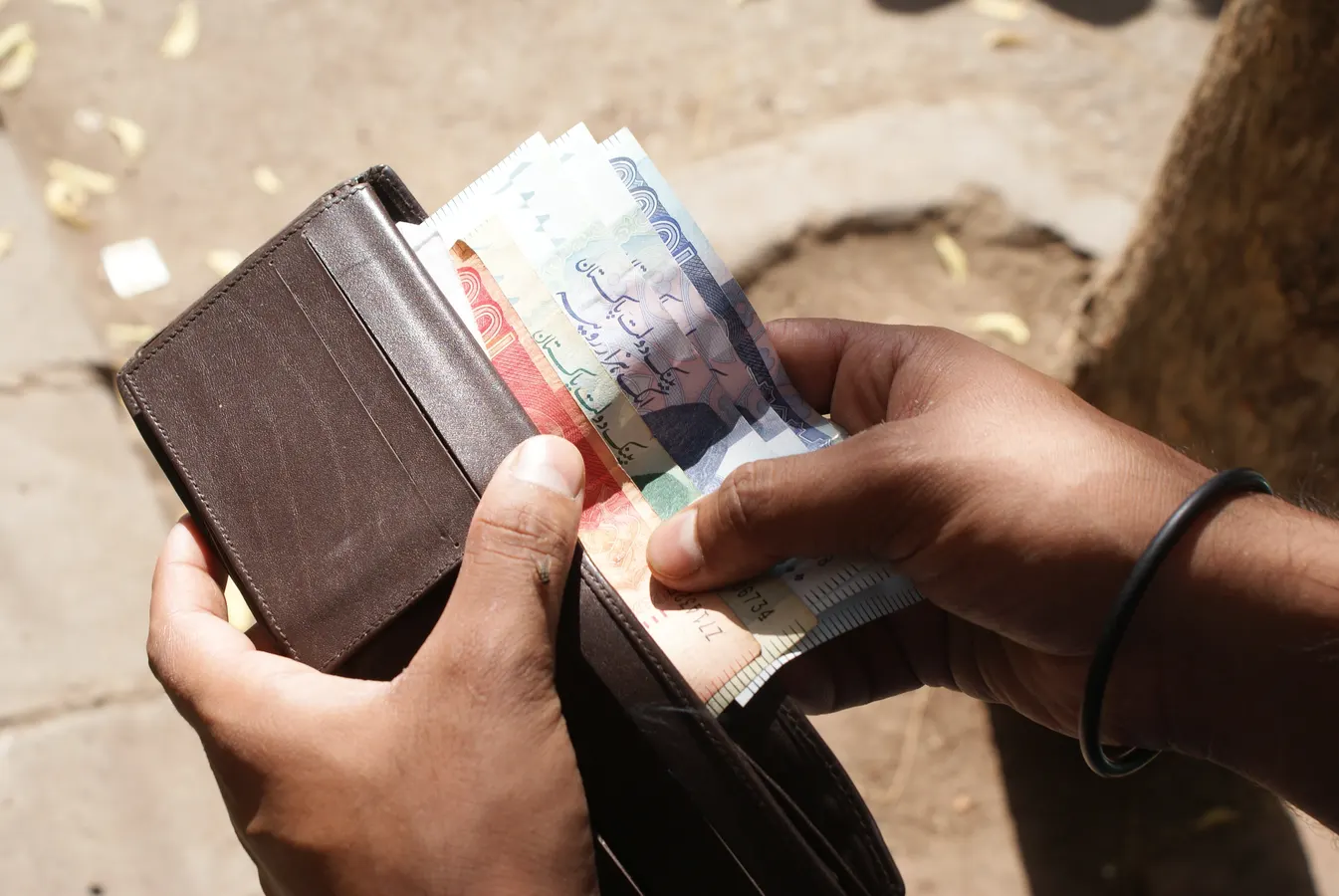
Hidden costs
Another significant but often overlooked cost is the lost opportunity for education, travel, and work abroad. The restrictions of a Pakistani passport mean fewer chances for cultural exchange, professional development, and life experiences that require international mobility. Students need more access to universities and programs in other countries. Skilled workers have fewer employment prospects overseas. The inability to travel freely represents a major opportunity cost.
Finally, there is an emotional cost to holding a Pakistani passport. The stigma surrounding it can lead to frustration, shame, and inadequacy. Going through the renewal process and facing frequent travel restrictions is a demoralizing reminder of your limited access and mobility in a globalized world. Over time, these psychological impacts accumulate and take an enormous emotional toll.
While renewing a Pakistani passport may seem like “just part of life,” the hidden financial, opportunity, and emotional costs are deeper and more significant than often realized. But by being aware of these costs, you can advocate for reforms to improve the process and work to overcome the stigma—with patience, grace, and perseverance.
Travel restrictions can take an emotional toll. As a Pakistani passport holder, you likely face severe restrictions and scrutiny when traveling abroad. This can stir up feelings of frustration, isolation, and even shame.
With one of the most restricted passports in the world, your opportunities to travel freely are limited. You may feel trapped in Pakistan or confined to a small list of accessible countries. The inability to visit new places and experience different cultures can foster a sense of isolation from the global community.

The Hidden Costs of Pakistan’s Place on the Henley Passport Index
Some countries openly discriminate against Pakistani travelers, viewing them with suspicion due to negative stereotypes. You may encounter rude treatment, excessive questioning, and the implication that you don’t belong. This stigma and hostility add another layer of stress to the already arduous visa process.
Your desire to connect with the outside world remains despite facing travel barriers. You long to visit iconic destinations, meet new people from different backgrounds, and gain a broader perspective. Yet these experiences remain out of reach, evoking a feeling of longing and missed opportunity.

Experiencing diverse cultures and creating new connections
While the situation seems unlikely to change soon, maintaining hope for a more open and connected future is important. Focusing on small acts of progress, however slow, can help sustain optimism. And though travel may be restricted, technology offers opportunities to learn about different cultures and build relationships across borders.

Seems hopeless
Connecting with others in your position can also help alleviate feelings of isolation. By sharing stories of navigating travel barriers together, you gain solidarity and advice for overcoming obstacles with patience and grace. Focusing inward, you can work to dismantle any feelings of shame or unworthiness, recognizing your inherent dignity and value. With resilience and compassion, you persevere.
The Henley Passport Index paints an unflattering picture of the Pakistani passport, ranking it the 4th worst in the world based on travel restrictions. But these rankings fail to capture the whole story. They perpetuate a stigma around Pakistani passport holders that is dehumanizing and harmful.
The frequent rejection and scrutiny Pakistani travelers face takes an immense emotional toll. Constantly being denied visas or having applications delayed creates embarrassment, shame, and low self-worth. The stigma propagates unfair stereotyping that all Pakistanis are threats, ignoring the diversity within the population.
Pakistani students face immense challenges pursuing higher education abroad due to visa restrictions, despite gaining acceptance into top universities. While students from other nations worry about grades, Pakistani students must fight institutional biases just for the chance to study. Families make huge financial and personal sacrifices to support their children, only to have their hopes shattered by a system that views them as security risks rather than human beings.

FAcing extra obstacles
Rather than crumbling under the weight of these restrictions, most Pakistani travelers demonstrate tremendous grace and patience. They have learned to navigate complex visa processes, prepare extensive documentation, and deal with frequent rejections while maintaining dignity. The ability to pursue one’s dreams in the face of constant obstacles is a testament to the human spirit.
While the Henley Passport Index aims to assess the objective ease of international travel, it fails to consider the human impact and nuanced realities. The stigma around Pakistani passports is built on oversimplification. Behind the numbers are real people – students, families, professionals – trying to broaden their horizons against all odds. They deserve to be treated with empathy, respect, and fairness. The strength and resilience of the human spirit cannot be ranked.
Traveling with a Pakistani passport comes with challenges, but that doesn’t mean you can’t make the most of the options available. While visa-free travel and mobility may be limited, focusing on the destinations within your reach can help make your trips memorable and meaningful.
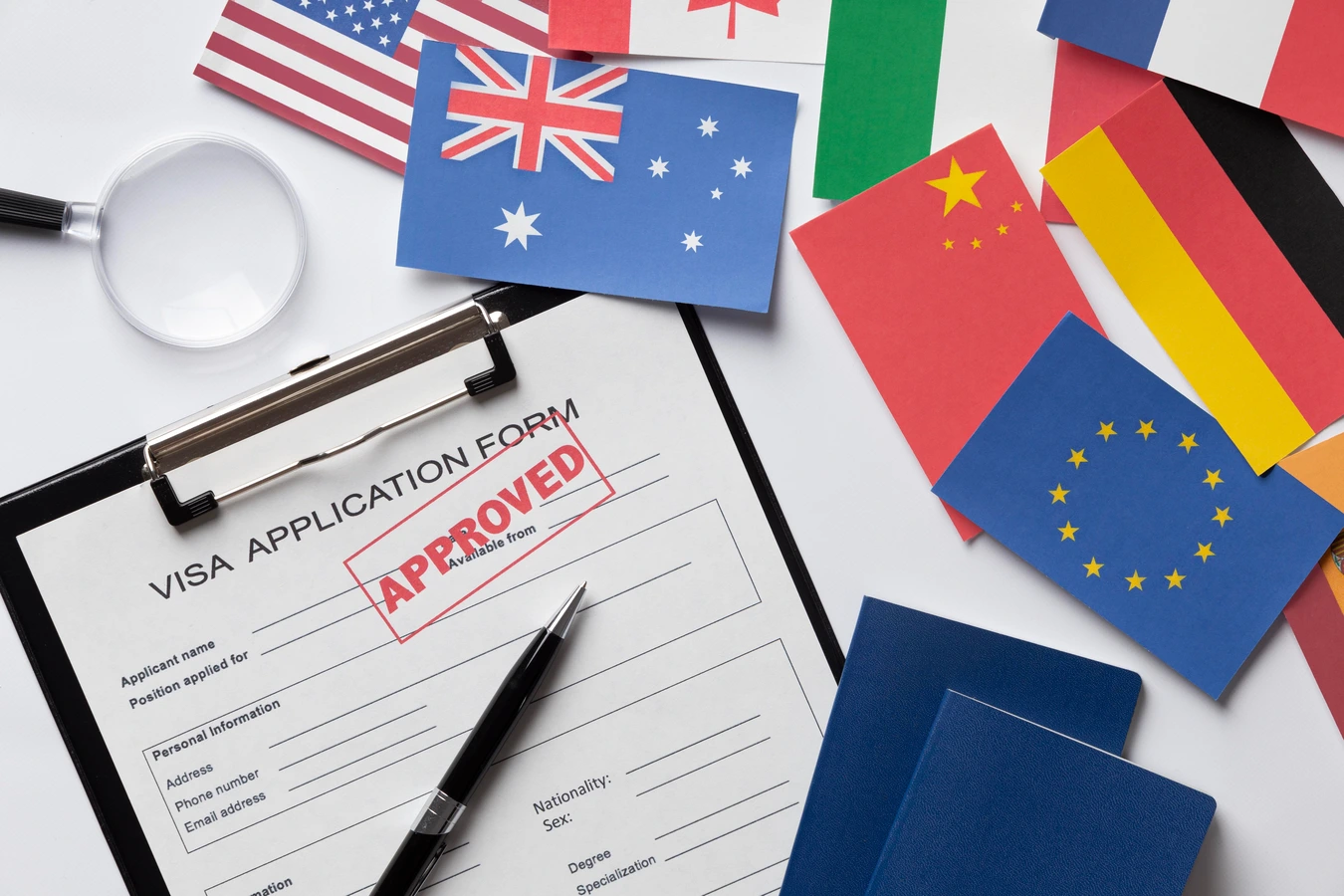
Visa Approved on a Pakistani passport is an achievement
Many popular tourist destinations in South Asia, the Middle East, and parts of East Africa welcome Pakistani passport holders with visa-free entry or easy e-visas on arrival. Countries like Azerbaijan, Egypt, Malaysia, Turkey, and UAE offer opportunities for adventure, culture, beach getaways, and more—right at your doorstep. Traveling close to home is also budget-friendly, letting you save money for an annual “big trip” farther abroad.
Don’t overlook the natural beauty in your backyard. Pakistan’s mountains, lakes, deserts, and beaches have something for every traveler. Gilgit-Baltistan, Azad Kashmir, and Khyber Pakhtunkhwa boast snow-capped peaks, lush forests, and scenic hikes. Coastal areas like Gwadar and Pasni offer pristine beaches with a chance to spot dolphins and sea turtles in their natural habitat. With its golden dunes and mystical Derawar Fort, the massive Thar Desert feels like something from an epic adventure tale.
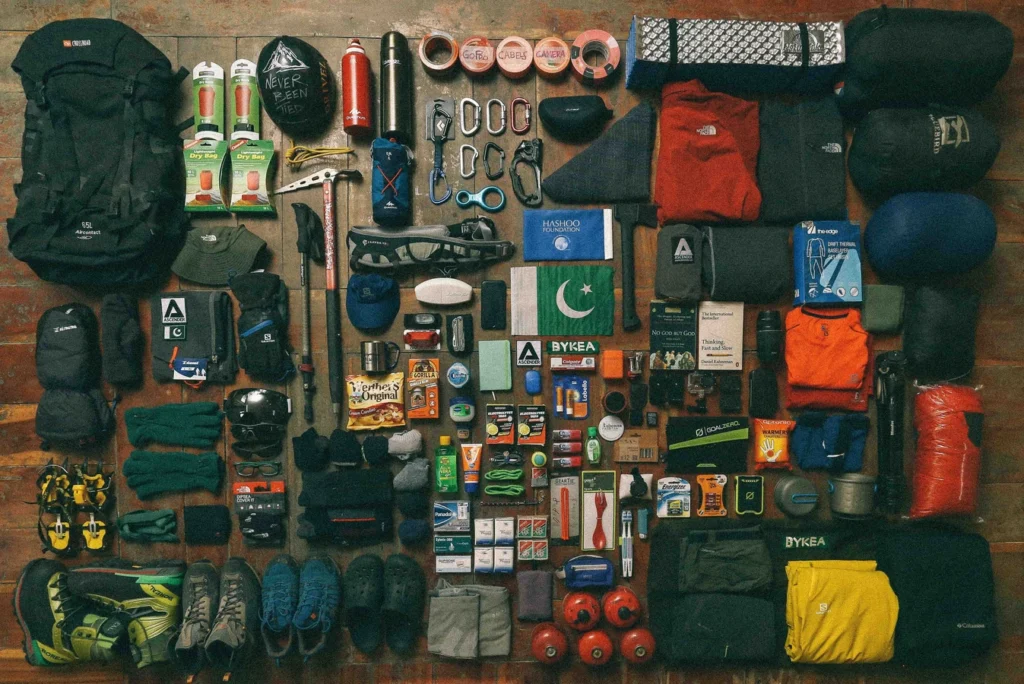
Though the Henley Passport Index paints a bleak picture, don’t lose hope. A passport is just a travel document—your identity, values, and humanity define you far more. Focus on your opportunities, open your mind to learning, and keep working to build a more just and equitable world for all. The places you can start from within.
As a Pakistani passport holder, the doors to many countries remain closed to you due to strict visa policies. However, some popular destinations still need to be within your reach. A few countries stand out as being particularly welcoming to Pakistani visitors.
Turkey is a top choice for many Pakistanis looking to travel abroad. Pakistani citizens can enter Turkey for up to 90 days without a visa. Istanbul, in particular, is a cosmopolitan city with stunning historic architecture, shopping, and food that will make you feel right at home. The coastal resort towns along the Aegean and Mediterranean seas also offer pristine beaches for a quick beach getaway.

e-visa opportunity for Turkey to Pakistanis
Another Muslim-majority country, Malaysia, grants Pakistani passport holders visa-free entry for up to 90 days. Experience the cultural melting pot of Kuala Lumpur, with its Petronas Towers and vibrant food scene. Head to the resorts along the coasts for idyllic beaches and jungle adventures. Malaysia offers an easy introduction to Southeast Asia for Pakistani travelers.

Travel to Malaysia Easily
As a close ally, the United Arab Emirates waives visas for Pakistani citizens to enter for up to 90 days. Glamorous Dubai and Abu Dhabi are top attractions, with luxury resorts, shopping, dining, and cultural sights like the Sheik Zayed Grand Mosque. The UAE is also a hub for connecting flights to destinations farther afield.

Easy travel to UAE from Pakistan
Next is Qatar, which allows Pakistanis to enter for up to 180 days without a visa. The capital Doha blends Islamic architecture with modern skyscrapers, luxury resorts, and cultural institutions. Qatar is also home to pristine beaches along its Persian Gulf coastline. As with the UAE, Qatar is an air transit hub for onward travel from Pakistan.
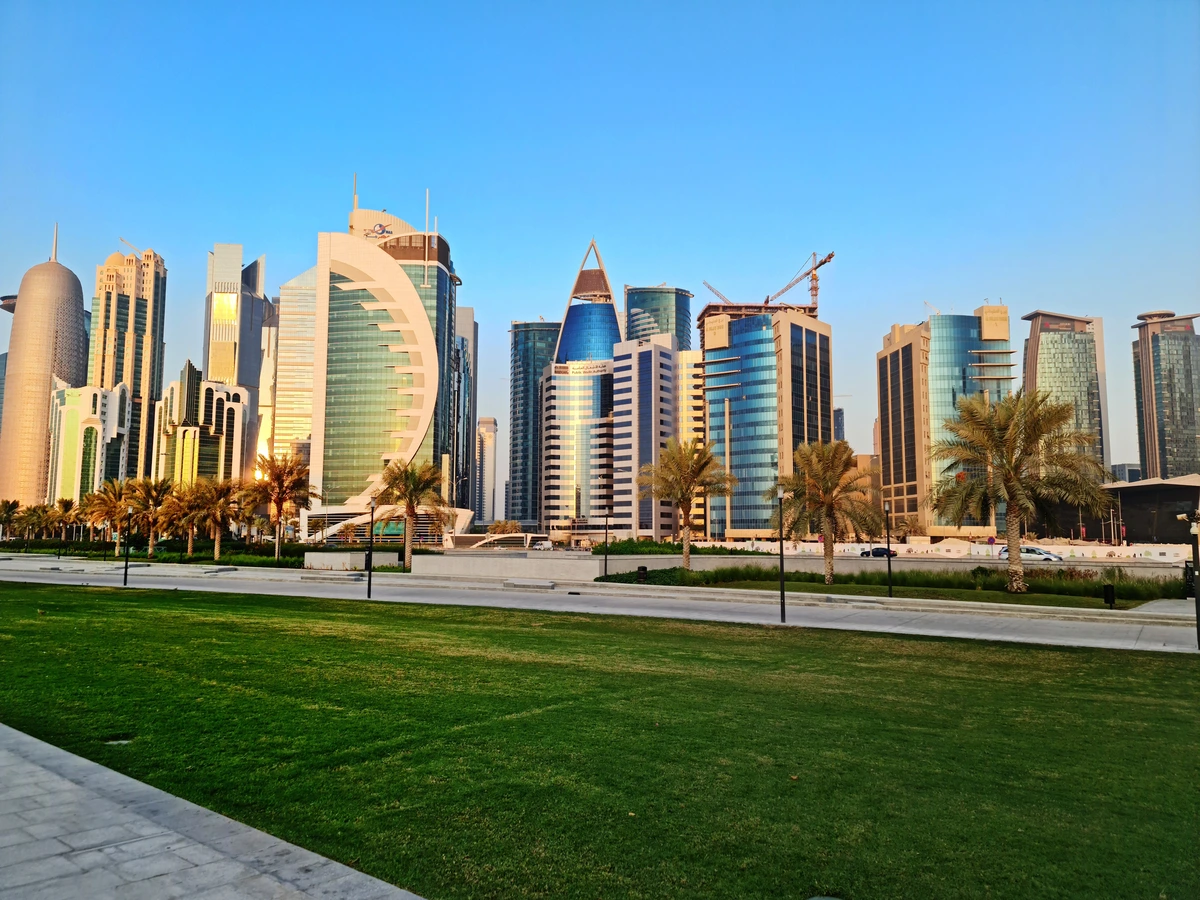
Easy travel to Qatar from Pakistan
With flexibility and an adventurous spirit, you can find fulfilling travel experiences as a Pakistani passport holder. Don’t lose hope – more doors may open in the coming years. However, please focus on the destinations within reach and make the most of them. Your passport may have restrictions, but it will never define your ability to explore the world.
As a holder of a Pakistani passport, budget-friendly travel destinations are essential to know. With visa restrictions limiting access to many countries, affordable travel is the only option. Here are some budget-friendly places Pakistani passport holders can visit hassle-free:
Traveling to China is an absolute breeze if you hold a Pakistani passport. With its hassle-free visa process and a warm welcome to tourists, exploring the wonders of this diverse country has become a delightful experience. From the magnificent Great Wall that stretches across various landscapes to immersing yourself in the vibrant local culture and savoring the exquisite flavors of the diverse Chinese cuisine, you’ll find endless opportunities to create unforgettable memories. Embark on a journey of discovery and let China’s rich history, breathtaking landscapes, and vibrant city life captivate your senses.
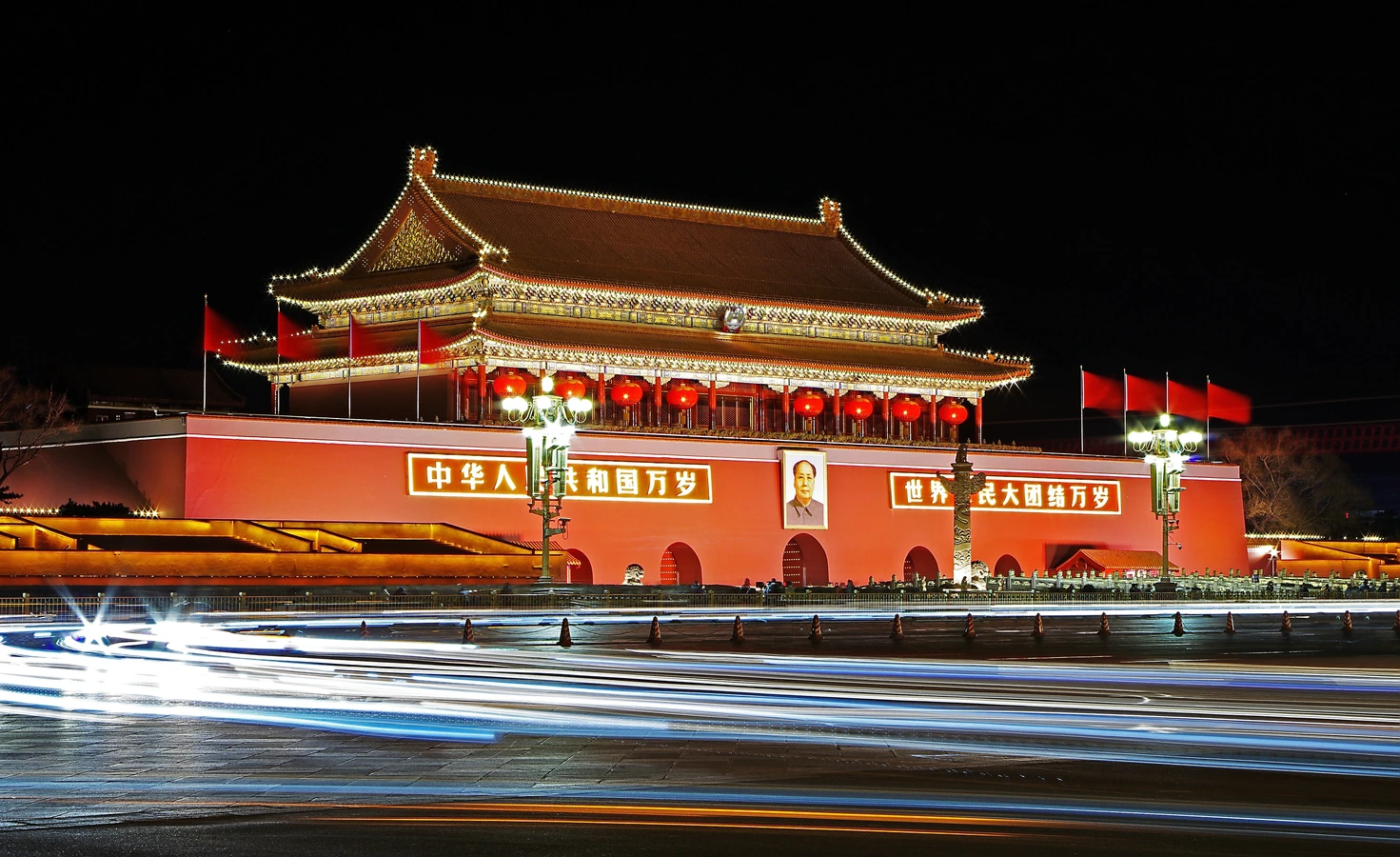
Budget-Friendly Countries for Pakistanis: China
Thailand’s gorgeous beaches, jungles, and Buddhist temples await you — with no visa required for 30 days. Head to Bangkok, then travel north to Chiang Mai, south to the resort island of Phuket or Krabi province with stunning cliffs and caves. Thai street food, pad thai, and mango sticky rice will satisfy your taste buds cheaply.
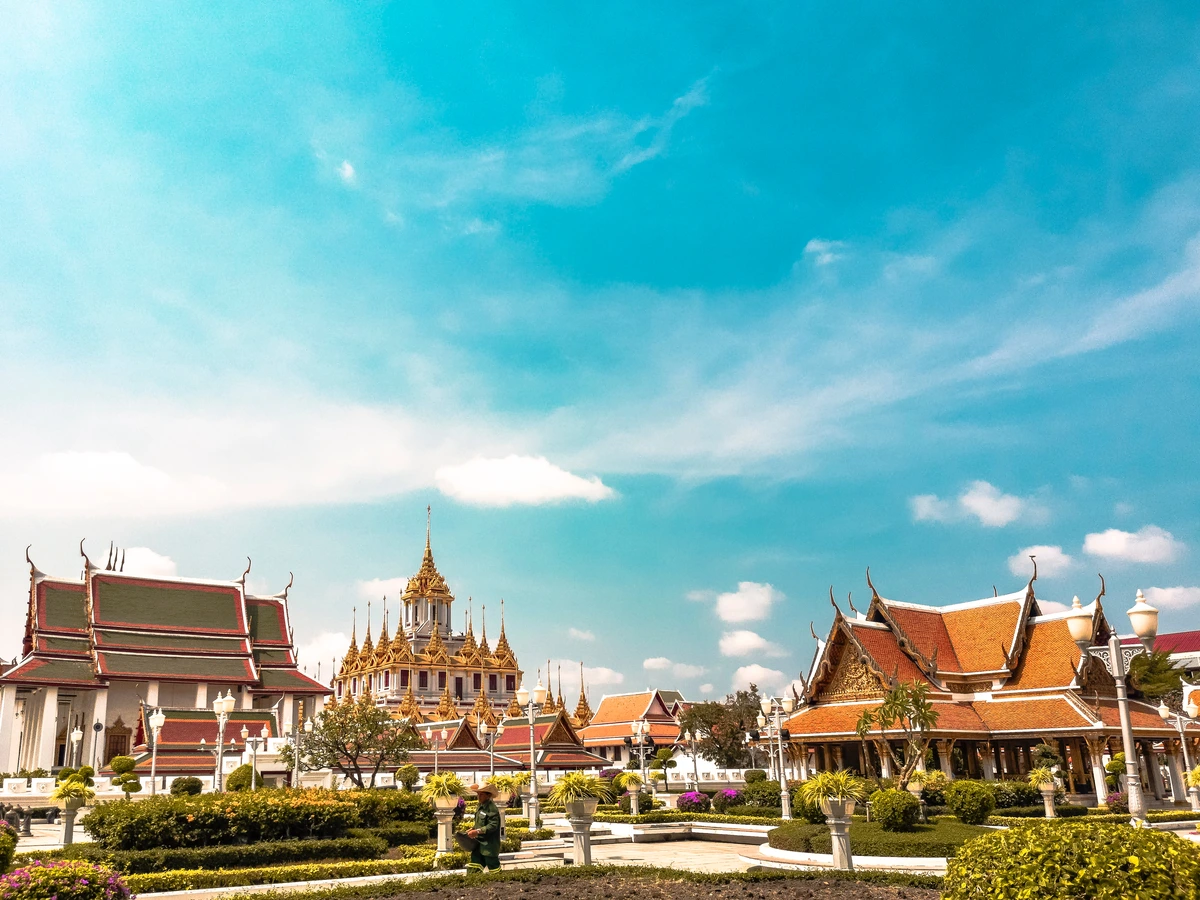
Budget-Friendly Countries for Pakistanis: Thailand
The tear-drop island of Sri Lanka grants Pakistani passport holders 30 days of free entry. You’ll discover ancient Buddhist monuments, rainforests, and endless coastlines. Climb to the top of Sigiriya rock fortress, explore colonial Galle, spot elephants in Minneriya National Park, and relax on the beach in Bentota or Hikkaduwa. The cost of travel and living in Sri Lanka is very affordable.

Budget-Friendly Countries for Pakistanis: SriLanka
Majestic Nepal offers stunning Himalayan scenery with no visa required for 90 days. Trek to Everest Base Camp, rafting in Pokhara, and see rhinos in Chitwan National Park. Kathmandu’s Durbar Square and Bhaktapur are filled with intricate wood and stone architecture. And with budget hotels and meals for under $10, Nepal is easy on the wallet.

Budget Friendly Countries for Pakistanis: Nepal
List of Visa-Free Countries for Pakistani Passport |
|||||
| Burundi | Maldives | Senegal | Tanzania | Niue | Timor-Leste |
| Cambodia | Mauritania | Seychelles | Haiti | Palau Islands | Togo |
| Cape Verde Islands | Micronesia | Sierra Leone | Madagascar | Qatar | Trinidad and Tobago |
| Comoro Islands | Montserrat | Somalia | Vanuatu | Rwanda | Tuvalu |
| Cook Islands | Mozambique | St. Vincent and the Grenadines | Samoa | Uganda | Guinea-Bissau |
| Dominica | Nepal | ||||
As a Pakistani passport holder, you likely have many questions about how it will impact your ability to travel and study abroad. Here are some of the most frequently asked questions about the Henley Passport Index and what it means for your passport.
Unfortunately, with a Pakistani passport, you will face heavy restrictions traveling to Western nations like the US, UK, Canada, and EU countries. Tourist travel is typically only allowed if you have a valid long-term visa. However, you can still travel to some Muslim-majority nations, South Asian countries, and parts of Africa with few restrictions.
Obtaining a student visa for Western universities can be challenging with a Pakistani passport due to concerns over immigration and security risks. However, it is still possible, especially if you have a generous scholarship or funding and meet the country’s language proficiency and program requirements. Be prepared for additional scrutiny and paperwork, but many Pakistani students can still study in the West.
Unfortunately, yes. Pakistani passports are hereditary, so your children will inherit the same travel restrictions and visa difficulties you face. Some families consider dual citizenship programs that could provide their children with more opportunities for unrestricted international travel and study.
While waiting for visa restrictions to ease over time, hopefully, you can do a few things:
The Henley Passport Index confirms the realities that Pakistani passport holders already face. But with determination, flexibility, and perseverance, you can still achieve your dreams of international travel and study. Stay hopeful – the future could hold more open doors.
So there you have it—the hidden costs and difficulties of traveling with a Pakistani passport. While the Henley Passport Index ranking is disheartening, don’t lose hope. Keep applying for visas, book those tickets when you can, and explore the world one country at a time. It may require more patience, planning, and persistence, but experiencing other cultures and gaining new perspectives is worth it.
Though the stigma and stereotypes persist, know that the color of your passport does not define your identity. You have so much to offer as a global citizen. Keep your head held high—the extra hassles you face will only make you appreciate each trip abroad that much more. The challenges may be many, but so are the rewards. Stay determined, and never stop dreaming of your next adventure!
Since 2017, Saba Ghani has been serving as the talented and dedicated chief content writer for Pakistan Tour and Travel & EMHI Solutions. With her exceptional writing skills and in-depth knowledge of the travel industry, she has been instrumental in crafting engaging and informative content that captivates the audience. You can catch her at [email protected] or Twitter
Best Pakistan Tour Packages from Islamabad & Karachi